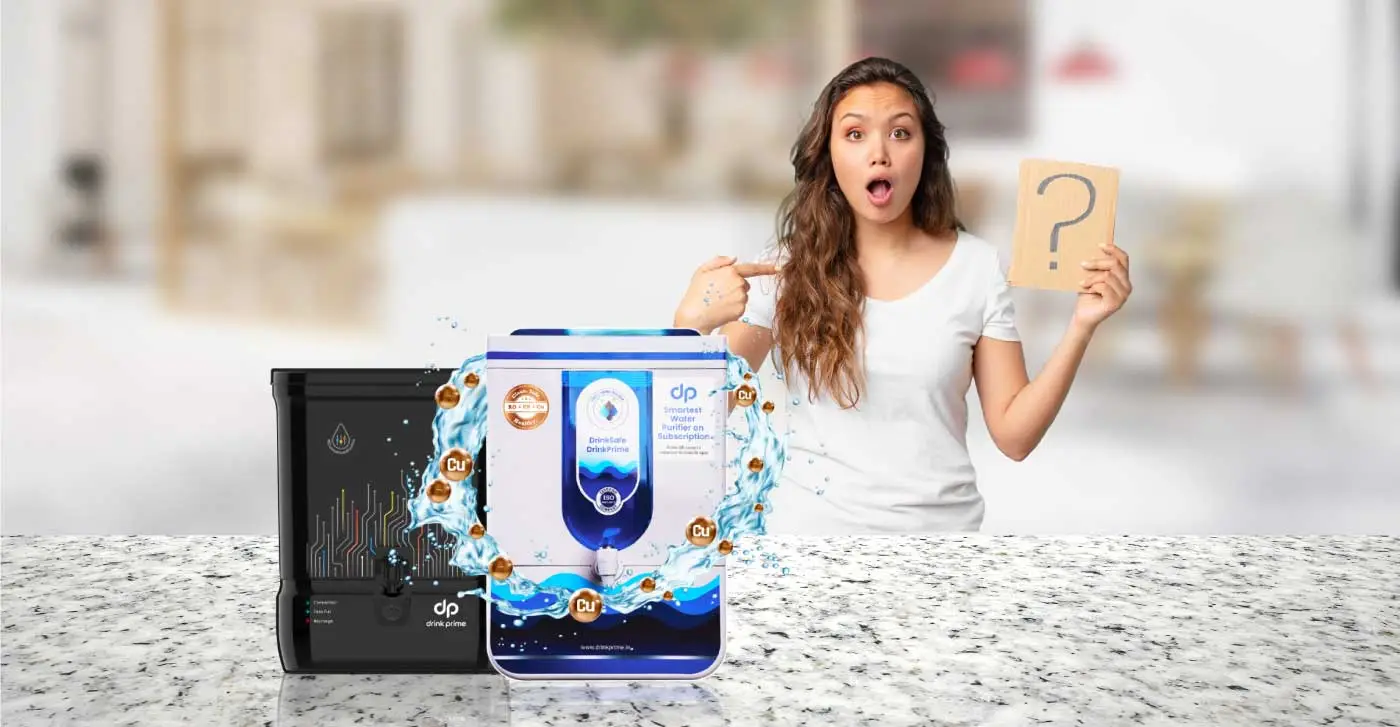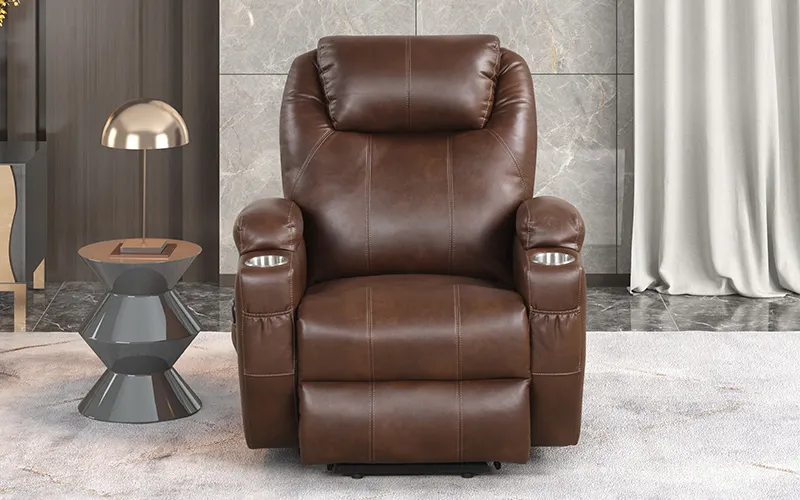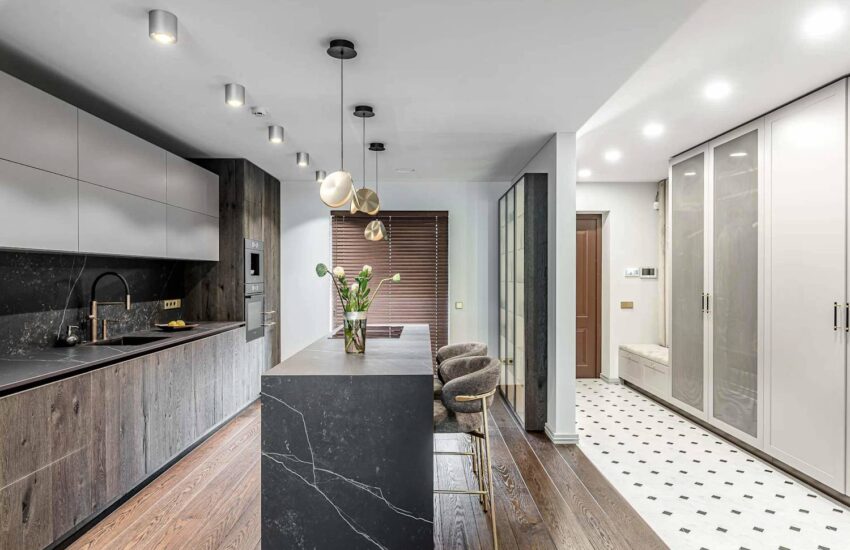Choosing Water Filter Systems for Offices
An effective water filtration system ensures access to fresh, clean water all day, which is vital in a productive work environment. It helps employees stay hydrated, safeguarding their health and boosting their concentration. It also reduces dependence on bottled water and water delivery services, which can be expensive over time.
Water filtration systems come in various types, so it can be challenging to identify the right fit for your office. To help you make an informed decision, let’s discuss each kind, its benefits, and key considerations when selecting one.
Point-of-Use Water Coolers
Also called bottle-less coolers, these systems connect to your building’s water line and filter the water before dispensing it. They use a combination of sediment and activated carbon filters and sometimes include UV purification for further sanitation.
With their multi-stage filtration process, point-of-use coolers eliminate bacteria, chlorine, lead, and other contaminants. These systems are economical and low-maintenance, requiring only periodic filter changes.
Countertop Filters
For smaller spaces where installation may be challenging, tabletop or countertop filters are the best choice. They connect directly to the tap, filtering water as it’s dispensed and are portable, making them excellent for rented spaces. Moreover, these filters are budget-friendly, easy to maintain, and don’t require plumbing work to install.
Under-Sink Filters
This compact option can be installed directly beneath sinks, delivering clean water through a separate faucet. It purifies water directly from the tap using carbon and sediment filtration. You can also customize under-sink filters to target specific water contaminants like chlorine or lead.
Activated Carbon Filters
These special filters effectively remove volatile organic compounds (VOCs), chlorine, and other chemical that cause unpleasant taste and smell. They’re versatile and often combined with other filtration systems to produce high-quality, potable water. Moreover, carbon filters are affordable and only need replacement every few years, depending on usage.
Reverse Osmosis (RO) Systems
This option operates by applying pressure to push water through a semipermeable membrane. This filter has tiny pores that only allow water molecules to pass while blocking harmful substances, heavy metals, and microplastics. The process can also remove minerals and impurities that affect water’s taste and odor.
With their superior filtration, RO systems provide crisp, pure, and pleasant-tasting water. While their initial cost may be high, they generally require minimal upkeep beyond the regular filter changes.
UV Water Purifiers
These chemical-free systems kill bacteria, viruses, and other pathogens in water using ultraviolet light without altering taste. They add a layer of safety, making it ideal for offices where water quality is a top priority. Moreover, UV water purification systems are often used alongside other systems for thorough disinfection.
Key Factors To Consider
Like residential systems, commercial water filtering systems aim to eliminate impurities and provide high-quality drinking water. However, the scale, degree of consumption, and potential contaminants differ for offices.
Capacity and Usage
Your water filtering system must be able to provide a steady supply of potable water throughout the day. You must consider the number of employees and visitors and each individual’s average consumption, including occasional usage for preparing coffee or tea.
Offices with up to 10 people usually consume around 5 – 10 gallons daily, so countertop or under-sink filters will suffice. Medium-sized offices with 10 – 30 people require water filters that can provide 20 – 50 gallons daily, while larger offices with 30 people or more need systems with 60 – 100 gallons capacity.
Potential Water Contaminants
Commercial filters are designed to eliminate pollutants from local water lines or the building’s plumbing system. For example, some offices have lead pipes in their plumbing systems, which may leach into the water and, when consumed, cause severe health problems. Office buildings facing such conditions will significantly benefit from water filters that can remove heavy metals and chemicals.
Available Space
Offices typically have limited space and aren’t flexible enough to accommodate even slight modifications, making it challenging to install large filtration systems. So, opt for filters that are compact and easy to install in constrained environments, such as shared kitchens and break rooms.
Budget Considerations
Besides the initial costs, see if the installation and maintenance expenses of your preferred water filters fall within your budget. Some options may be pricey, but the money you save over time makes them worthwhile investments.
Secure Clean Water for Your Office
Create a healthy and productive workplace with a quality water filtration system. With numerous options for various office sizes and setups, you can find one that aligns with your needs and helps employees stay well-hydrated and focused throughout the day. Contact a local supplier of water filter systems for offices to get more valuable insights.




